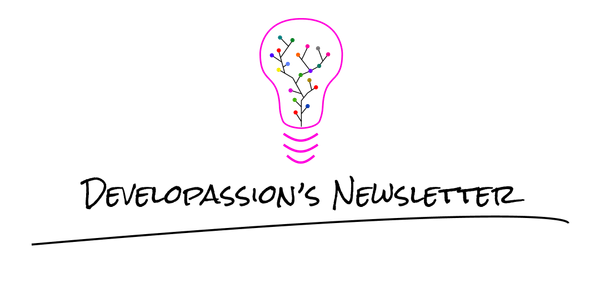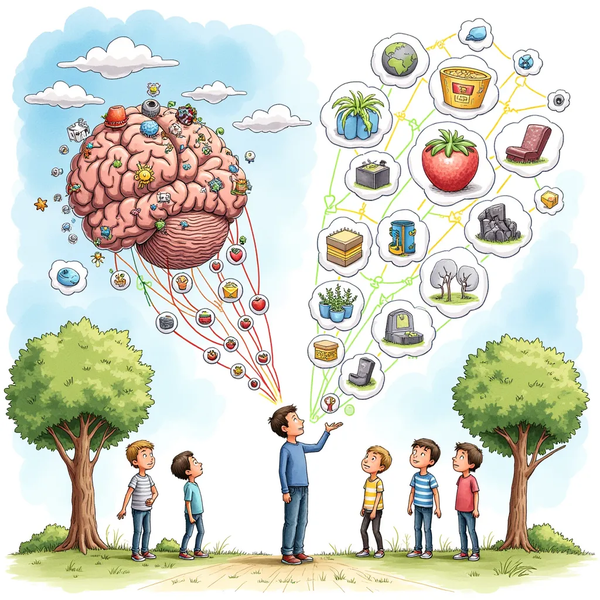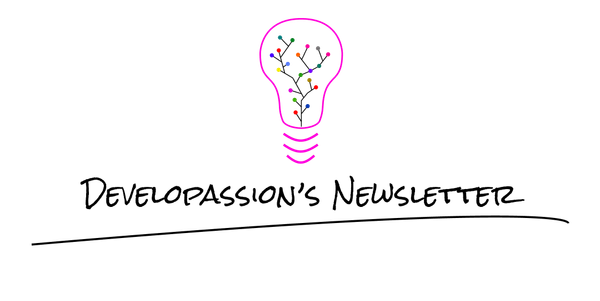Why you should take notes while reading non-fiction books
Discover how note-taking while reading non-fiction books can dramatically enhance your understanding and retention
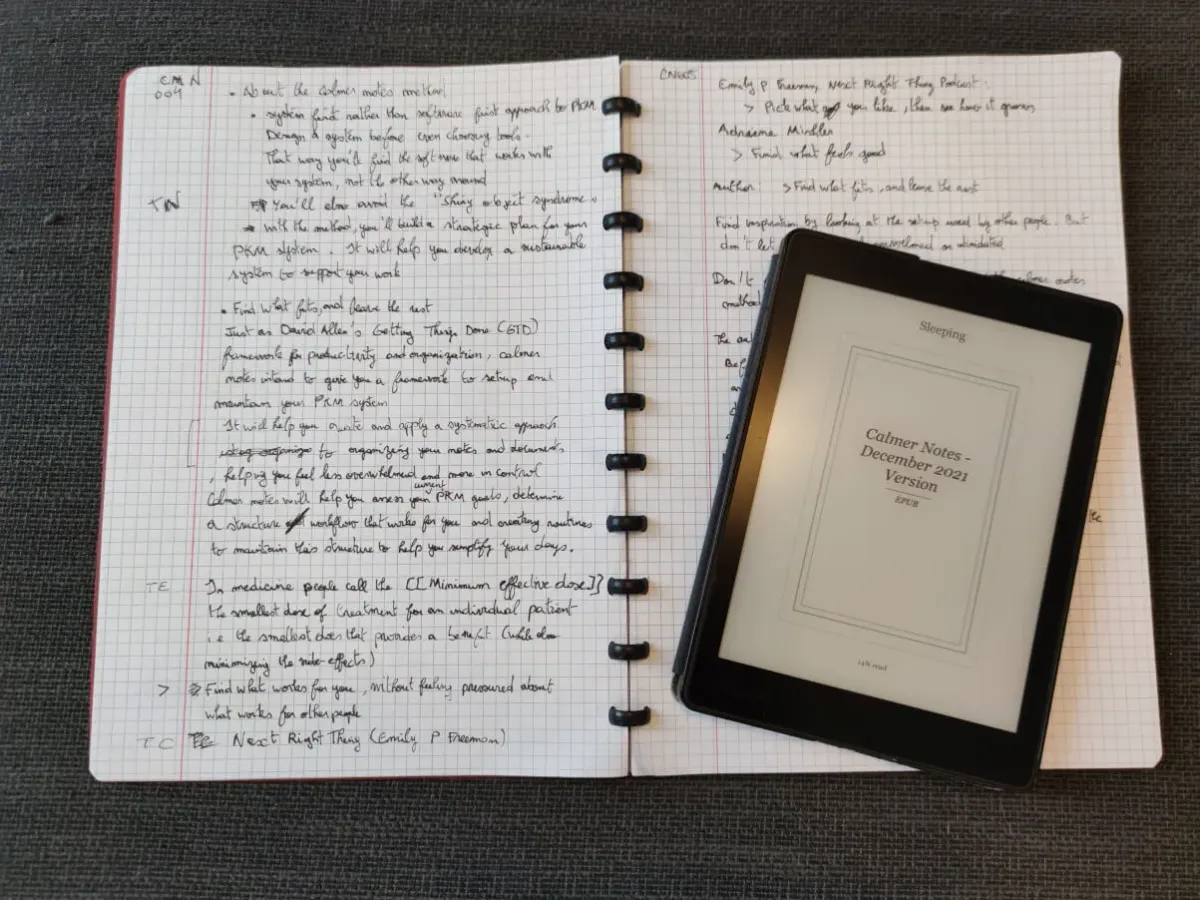
In this article, I'll explain why it's critical to take (smart) notes while reading non-fiction books.
You might wonder why you should take notes while reading non-fiction books. After all, it takes time and slows the reading process down. If you don't take notes, you might read more books in much less time! That's true. But if that's what you're thinking, you're seriously missing out.
Why you should take notes while reading
It boils down to a simple truth: our brains are unreliable.
We forget a lot of things. That's actually a good thing. Otherwise, we would feel overwhelmed by the vast amount of information our brains capture all the time (i.e., everything we hear, see, sense, think). Our brains try to identify and recall only the most important information. Even if we do feel enlightened while reading a book, chances are that we will forget most of what we read after a short while.
Herman Ebbinghaus studied the processes of learning and forgetting. He is known for uncovering the forgetting curve, which shows how information is lost over time when we don't make attempts to retain it. This curve shows the durability of our memories over time. The stronger our memories, the longer we are able to recall those. But without effort, newly acquired knowledge can get lost very quickly. The forgetting curve shows that we forget about 40% after ~20 minutes, nearly 60% after an hour, and around 75% after a week. There are other theories explaining this phenomenon. Recent theories suggest that forgetting might be a form of learning. But even if some of the lessons remain, we have no control over which ones exactly. The problem remains that we do forget a lot. Worse still, memory access is not reliable either. We might remember something tomorrow that we can't seem to remember today. Even if we do retain key knowledge, we won't be able to retrieve that knowledge from our brains when we need to. At least not with 100% certainty.
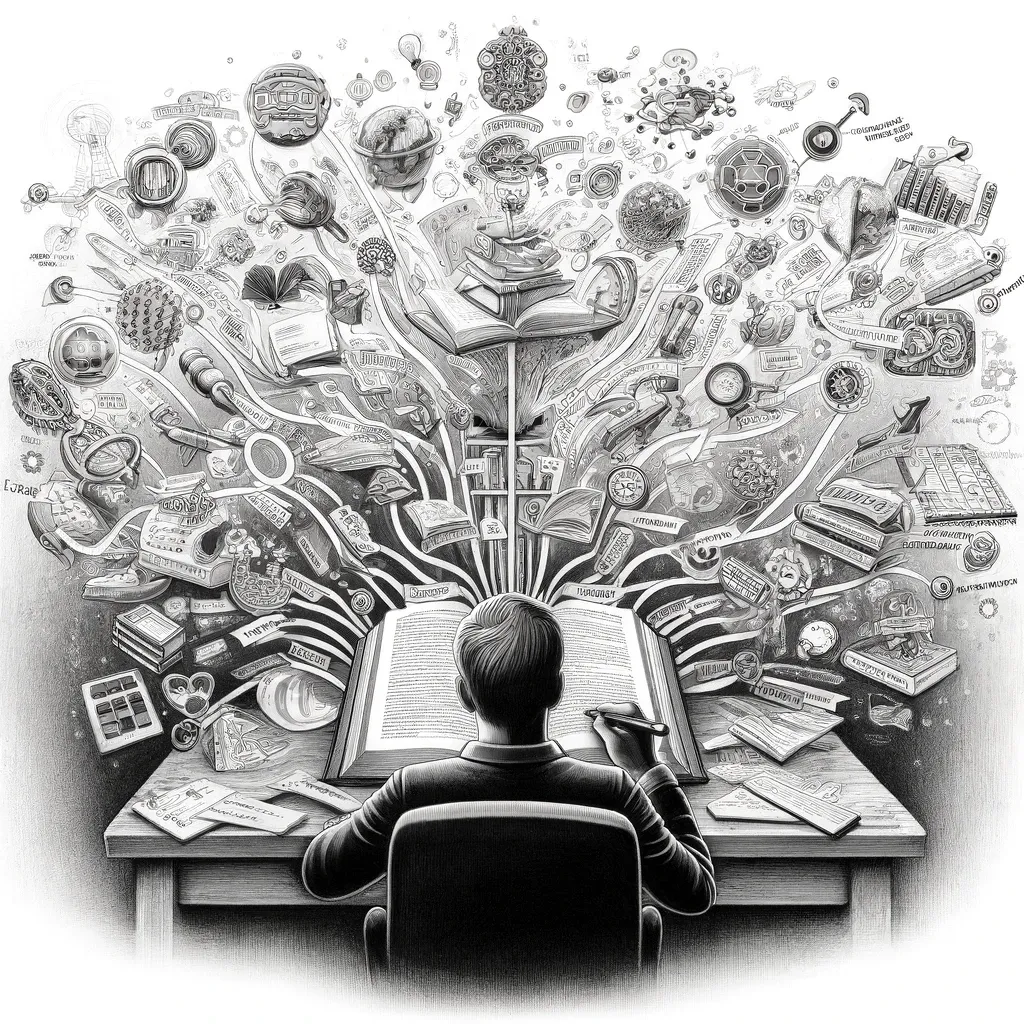
How to retain more of what you read
There are indeed ways for us to retain more, such as spaced repetition, mnemonic techniques, and sleeping enough. Learning in new environments/different circumstances can also help our brains retain more because of the novelty. Spaced repetition has been proved to be very effective to fight against the forgetting curve. But this all takes time and effort.
I would argue that while a part of the things we read/learn/discover should really be stored in our brains, 80% or if not more of it does not need to. What we need to retain in our brains is actionable knowledge. Pieces of information we need on a daily basis to think better, such as mental models. But that actionable knowledge is only a small fraction of all the things we learn. What should we do with the rest? We should retain the rest if it can serve us in some way, regularly or not, but we don't need to store it in our brains. Instead, we can store that knowledge in our second brain; in our Personal Knowledge Management system.
That's why taking notes is essential. With notes, we can retain information safely and reliably, assuming we have a carefully designed knowledge management system in place. By taking notes while we read, we avoid relying too much on our brains to retain information, and use much more reliable solutions: paper and/or note-taking tools.
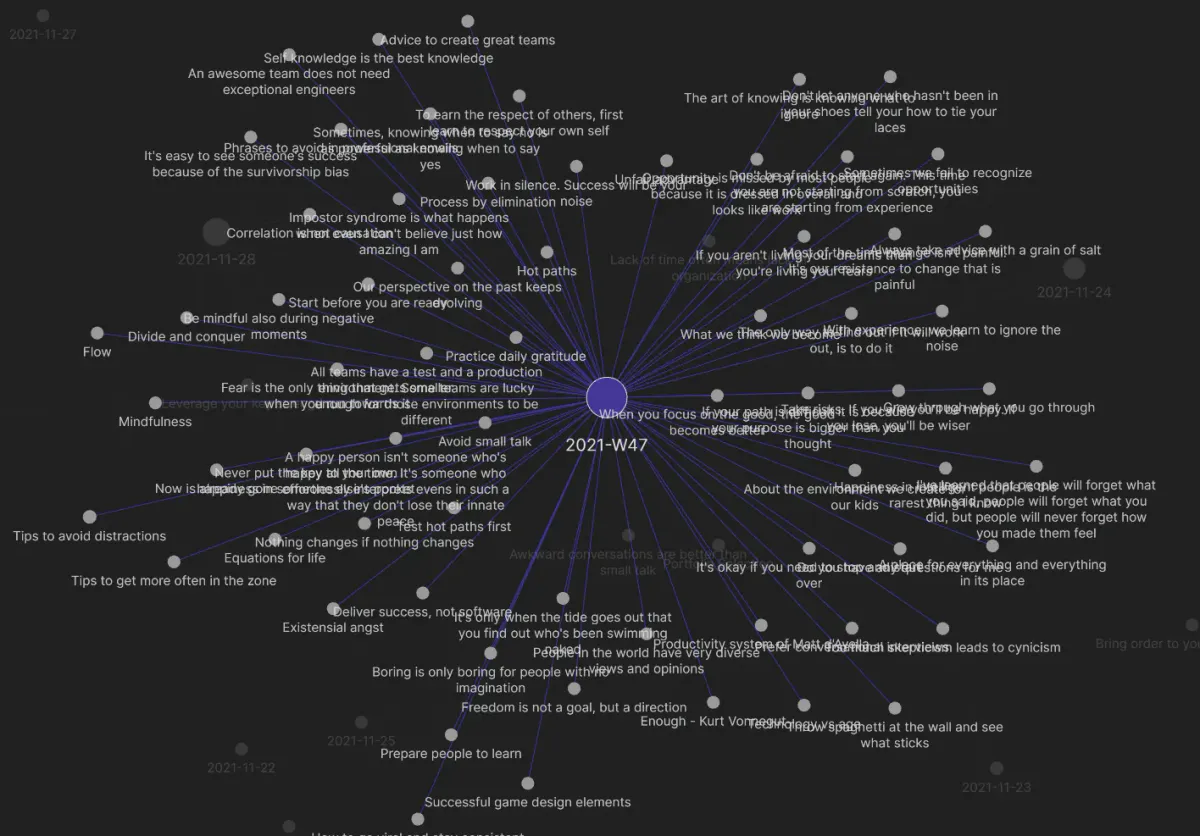
Benefits of taking notes while reading
There are a few important benefits to taking notes while reading.
First, we need to pay more attention to what we read. It is essential for us to be able to take useful notes. Thanks to this, we get a better understanding of the subject matter.
Second, we retain more, simply because we read AND write the information. This helps our brain recognize that it is information we do care about. This alone increases our chances of retaining more.
Finally, thanks to the fact that we have captured notes, we can go further and think deeply about the ideas, link those together, and with our previous notes. Over time, this helps us create a Web of knowledge that we can take advantage of in many ways.

Conclusion
In this article, I've given you a few of the reasons why taking notes while reading non-fiction is essential. In future articles, I'll tell you more about how I take smart notes while reading.
That's it for today! ✨
About Sébastien
I am Sébastien Dubois. You can follow me on X 🐦 and on BlueSky 🦋.
I am an author, founder, and coach. I write books and articles about Knowledge Work, Personal Knowledge Management, Note-taking, Lifelong Learning, Personal Organization, and Zen Productivity. I also craft lovely digital products . You can learn more about my projects here.
If you want to follow my work, then become a member.
Ready to get to the next level?
To embark on your Knowledge Management journey, consider investing in resources that will equip you with the tools and strategies you need. Check out the Obsidian Starter Kit and the accompanying video course. It will give you a rock-solid starting point for your note-taking and Knowledge Management efforts.
If you want to take a more holistic approach, then the Knowledge Worker Kit is for you. It covers PKM, but expands into productivity, personal organization, project/task management, and more:
If you are in a hurry, then do not hesitate to book a coaching session with me:



